Farm Business Management
All Farm Business Management Content
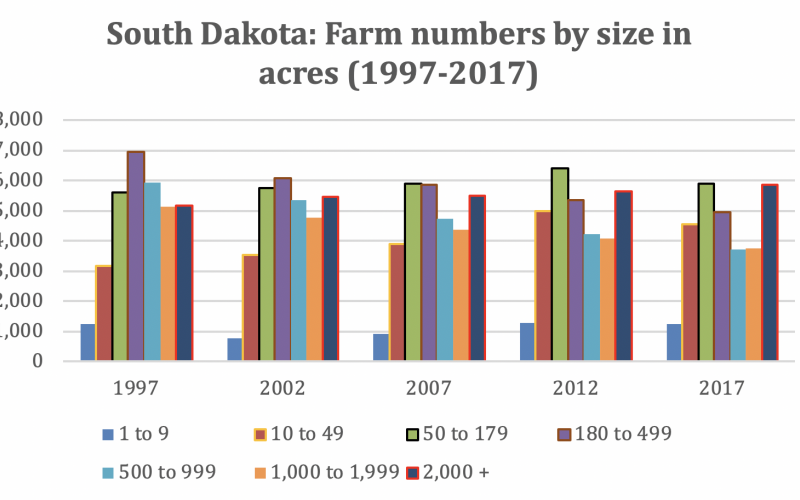
Farm Size in South Dakota: Where Are We Heading?
Agriculture is going through some difficult times not only in the United States, but globally as well. Aside from some short-lived price hikes for different products, the overall trend has been to higher costs of production and lower output prices.
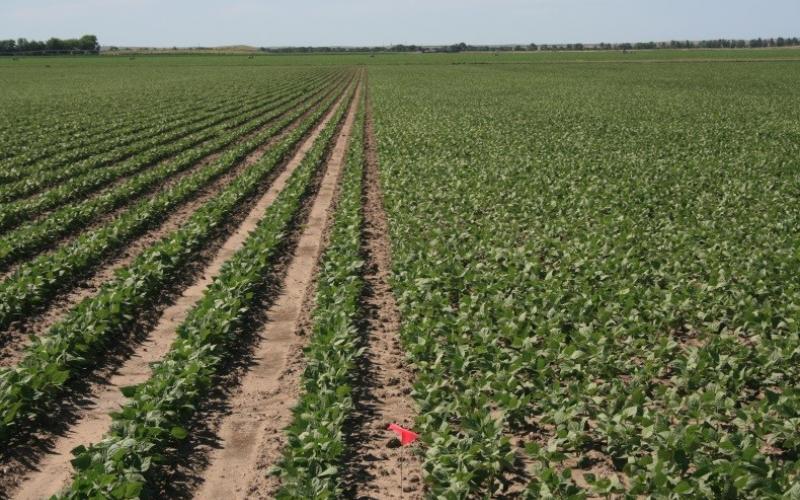
Field Studies: Replicated Comparisons vs. Side-by-Side Comparisons
How should a basic study be set up or laid out in the field? One very common approach is to divide a field in half and compare the halves or possibly compare two fields in close proximity and see which variety or practice yields highest. This approach can end with very misleading results because of the variability that exists across a field or fields due to many factors.
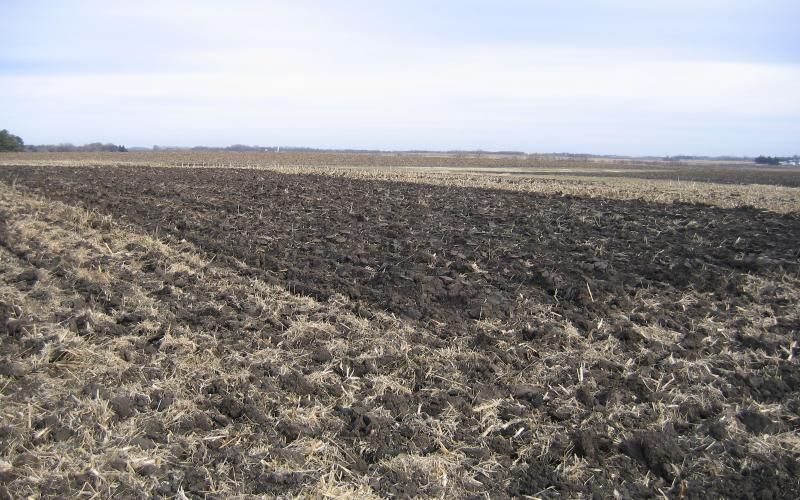
Field Studies: What do You Mean 5 Bushels Per Acre is Not Significant?
Utilizing sound research results to help make decisions on the farm is a wise business practice. It can be confusing, however, when you see two numbers that are clearly not the same labeled as “not significantly different.”
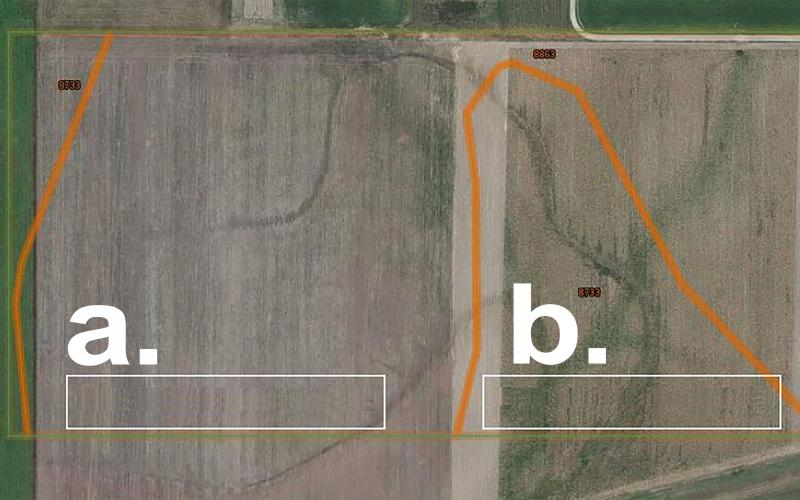
Field Studies: Setting up a Trial
Increasingly, farmers are generating on-farm research data that encompasses a wide-range of practical topics. However, setting up those experiments so that the data is statistically valid is not necessarily common knowledge.
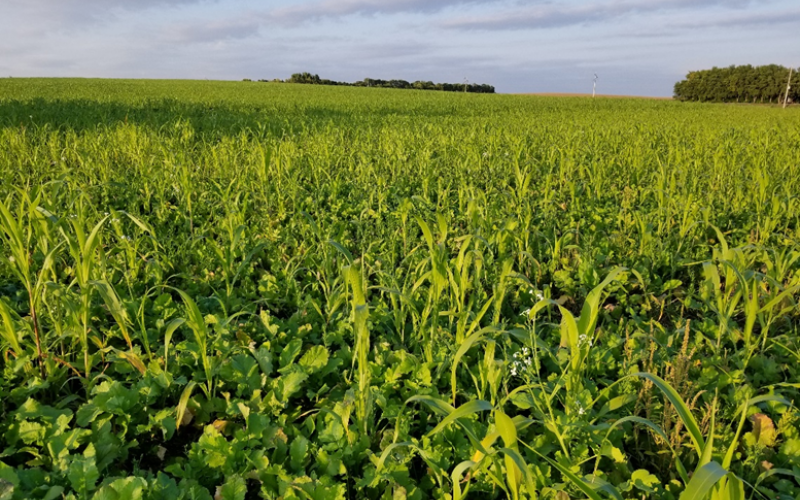
South Dakota Land Use Trends (2012-2017)
Significant education efforts for natural resource conservation have occurred in South Dakota during the last five years. Many stakeholder groups have brought awareness for soil health and water quality to the forefront.
![Soybean seed drill planting soybeans. Courtesy: Soybean Checkoff [CC BY 2.0].](/sites/default/files/styles/teaser_800x500/public/2019-02/W-M11461-00-soybean-planting-seeding.png?h=8e25fbe3&itok=F5rUzZIx)
Improve Soybean Profitability by Reducing Input Costs
While declining prices and increasing costs considerably reduce profit for soybean production, there are certain input costs that might be reduced to increase profitability.
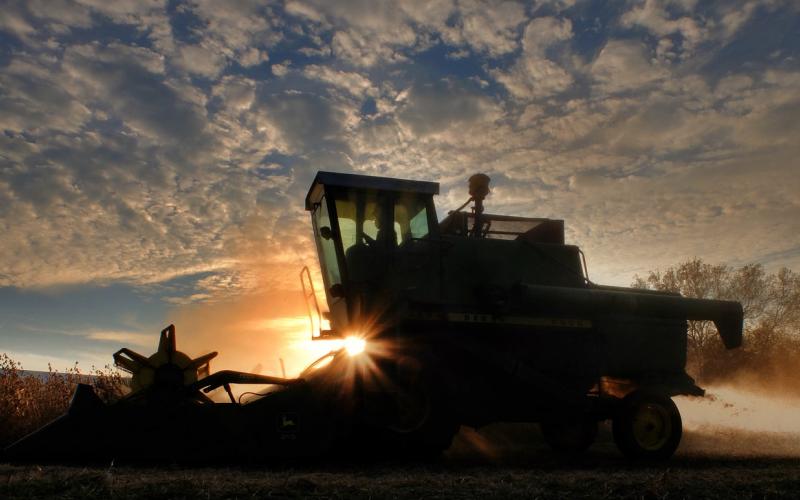
Trade Impacts on Soybeans
Agricultural trade agreements were first established in the General Agreement on Tariffs and Trade (GATT), legal treaty signed initially by 23 nations in 1947. The purpose was to promote international trade by reducing barriers such as tariffs.
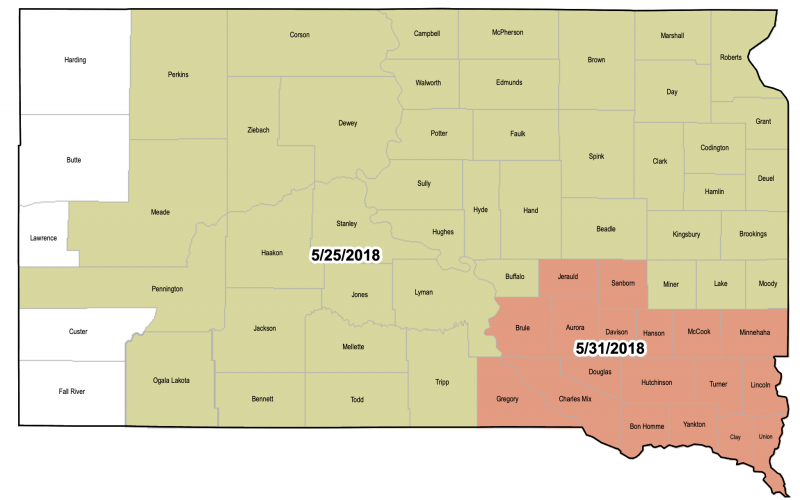
Late Plant Crop Insurance Dates
Crop insurance late plant dates are fast approaching for planting small grains in South Dakota. Late plant dates for corn, soybean, and sunflower are nearing as well. Producers will want to work with their crop insurance agent to explore planting options and reporting of prevent plant areas.

Leveling the Playing Field for U.S. Corn
Corn grain has been for a long time the world standard when it comes to energy feeds for livestock. It has been traditionally a quite homogeneous, energy-dense feed, only surpassed from this perspective by oils and fats or by other feedstuffs also rich in lipids.
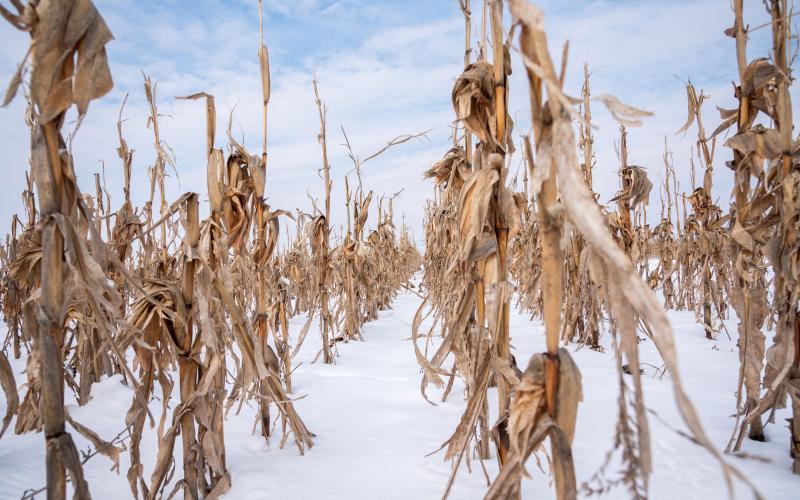
Standing Corn Considerations
The January 2020 South Dakota Crop Progress Report indicated four percent of S.D. corn acres remain in the field. Given the record rainfall of 2019, current snow pack levels and the 3-to-6-month precipitation forecasts, farmers will likely be dealing with a wet spring in 2020, thus making the removal of those acres important but hard to accomplish.